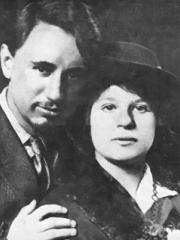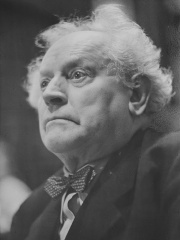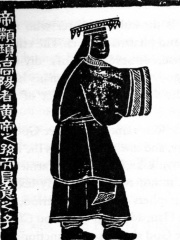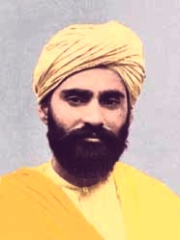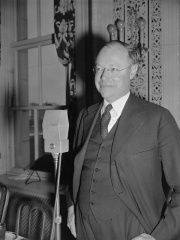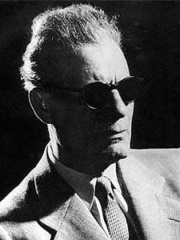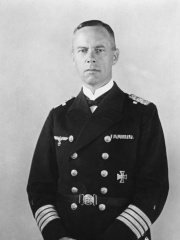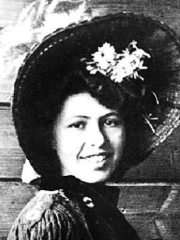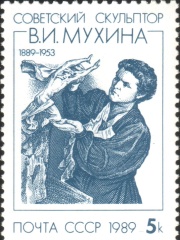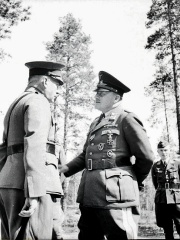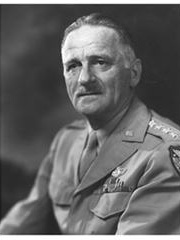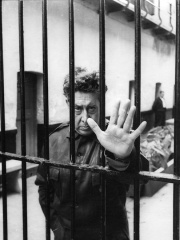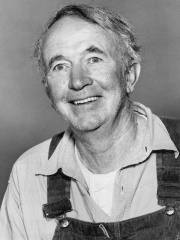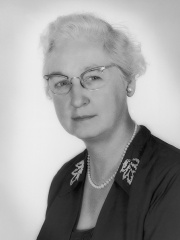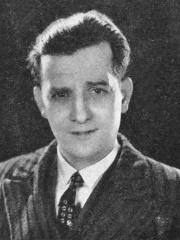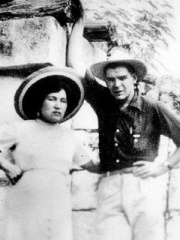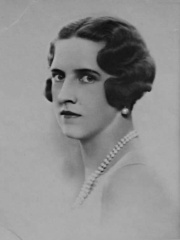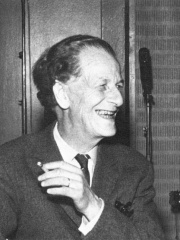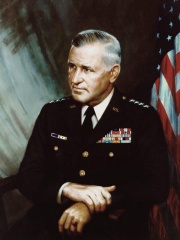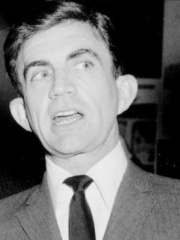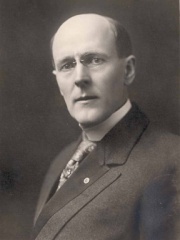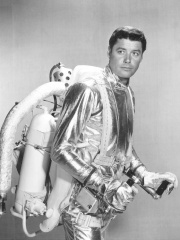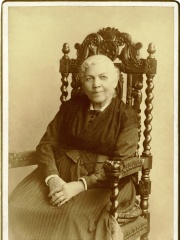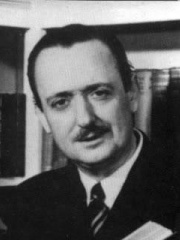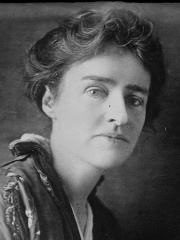Écrivain
Walter Lippmann
1889 - 1974
FR.WIKIPEDIA PAGE VIEWS (PV)
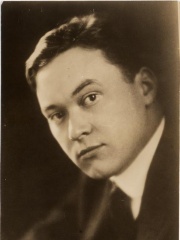
 Walter Lippmann
Walter Lippmann
Sa biographie est disponible en 38 langues sur Wikipédia (en hausse par rapport à 37 en 2024). Walter Lippmann est le 1,131st écrivain le plus populaire (en baisse du 916th en 2024), la 1,608th biographie la plus populaire des États-Unis (en baisse du 1,017th en 2019), ainsi que le 128th écrivain des États-Unis le plus populaire.
Memorability Metrics
Page views of Walter Lippmann by language
Among Écrivains
Among écrivains, Walter Lippmann ranks 1,131 out of 7,302. Before him are Ahmad Khani, Ibn al-Jawzi, Will Durant, Leonid Andreyev, Sugawara no Michizane, and Marie of Cleves, Duchess of Orléans. After him are Johannes Valentinus Andreae, Martin Andersen Nexø, Stobaeus, Zhuanxu, Catherine de Bourbon, and David Lodge.
Most Popular ÉCrivains in Wikipedia
Go to all RankingsAhmad Khani
1650 - 1707
HPI: 67.36
Rank: 1,125
Ibn al-Jawzi
1116 - 1200
HPI: 67.35
Rank: 1,126
Will Durant
1885 - 1981
HPI: 67.35
Rank: 1,127
Leonid Andreyev
1871 - 1919
HPI: 67.35
Rank: 1,128
Sugawara no Michizane
845 - 903
HPI: 67.34
Rank: 1,129
Marie of Cleves, Duchess of Orléans
1426 - 1487
HPI: 67.34
Rank: 1,130
Walter Lippmann
1889 - 1974
HPI: 67.33
Rank: 1,131
Johannes Valentinus Andreae
1586 - 1654
HPI: 67.33
Rank: 1,132
Martin Andersen Nexø
1869 - 1954
HPI: 67.33
Rank: 1,133
Stobaeus
401 - 401
HPI: 67.32
Rank: 1,134
Zhuanxu
HPI: 67.31
Rank: 1,135
Catherine de Bourbon
1559 - 1604
HPI: 67.31
Rank: 1,136
David Lodge
1935 - 2025
HPI: 67.30
Rank: 1,137
Contemporaries
Among people born in 1889, Walter Lippmann ranks 43. Before him are Sadhu Sundar Singh, Kim Tu-bong, Robert A. Taft, Abel Gance, Taha Hussein, and Günther Lütjens. After him are Hannes Kolehmainen, Sophie Taeuber-Arp, John B. Kelly Sr., Vera Mukhina, Hannah Höch, and Hans-Jürgen Stumpff. Among people deceased in 1974, Walter Lippmann ranks 39. Before him are Fritz Zwicky, Carl Spaatz, David Alfaro Siqueiros, Walter Brennan, Virginia Apgar, and Cass Elliot. After him are Marcel Pagnol, Hilda Gadea, Farid al-Atrash, Princess Irene, Duchess of Aosta, Frank Martin, and Creighton Abrams.
Others Born in 1889
Go to all RankingsSadhu Sundar Singh
RELIGIOUS FIGURE
1889 - 1929
HPI: 68.61
Rank: 37
Kim Tu-bong
POLITICIAN
1889 - 1958
HPI: 68.55
Rank: 38
Robert A. Taft
POLITICIAN
1889 - 1953
HPI: 68.53
Rank: 39
Abel Gance
FILM DIRECTOR
1889 - 1981
HPI: 68.48
Rank: 40
Taha Hussein
WRITER
1889 - 1973
HPI: 68.25
Rank: 41
Günther Lütjens
MILITARY PERSONNEL
1889 - 1941
HPI: 68.04
Rank: 42
Walter Lippmann
WRITER
1889 - 1974
HPI: 67.33
Rank: 43
Hannes Kolehmainen
ATHLETE
1889 - 1966
HPI: 67.23
Rank: 44
Sophie Taeuber-Arp
PAINTER
1889 - 1943
HPI: 67.20
Rank: 45
John B. Kelly Sr.
POLITICIAN
1889 - 1960
HPI: 67.18
Rank: 46
Vera Mukhina
SCULPTOR
1889 - 1953
HPI: 67.05
Rank: 47
Hannah Höch
PAINTER
1889 - 1978
HPI: 67.02
Rank: 48
Hans-Jürgen Stumpff
MILITARY PERSONNEL
1889 - 1968
HPI: 66.86
Rank: 49
Others Deceased in 1974
Go to all RankingsFritz Zwicky
ASTRONOMER
1898 - 1974
HPI: 68.84
Rank: 33
Carl Spaatz
MILITARY PERSONNEL
1891 - 1974
HPI: 68.43
Rank: 34
David Alfaro Siqueiros
PAINTER
1896 - 1974
HPI: 68.28
Rank: 35
Walter Brennan
ACTOR
1894 - 1974
HPI: 68.20
Rank: 36
Virginia Apgar
PHYSICIAN
1909 - 1974
HPI: 68.18
Rank: 37
Cass Elliot
SINGER
1941 - 1974
HPI: 68.10
Rank: 38
Walter Lippmann
WRITER
1889 - 1974
HPI: 67.33
Rank: 39
Marcel Pagnol
WRITER
1895 - 1974
HPI: 67.16
Rank: 40
Hilda Gadea
SOCIAL ACTIVIST
1925 - 1974
HPI: 67.06
Rank: 41
Farid al-Atrash
MUSICIAN
1910 - 1974
HPI: 66.85
Rank: 42
Princess Irene, Duchess of Aosta
COMPANION
1904 - 1974
HPI: 66.20
Rank: 43
Frank Martin
COMPOSER
1890 - 1974
HPI: 66.07
Rank: 44
Creighton Abrams
MILITARY PERSONNEL
1914 - 1974
HPI: 65.92
Rank: 45
In États-Unis
Among people born in États-Unis, Walter Lippmann ranks 1,608 out of NaN. Before him are Blake Edwards (1922), Gordon Moore (1929), Paul P. Harris (1868), Steve Reeves (1926), Will Durant (1885), and Joe Satriani (1956). After him are Janet Mills (1947), Buck Henry (1930), Guy Williams (1924), Martha Nussbaum (1947), Stephen Schwartz (1948), and Kelly Lynch (1959).
Others born in États-Unis
Go to all RankingsBlake Edwards
FILM DIRECTOR
1922 - 2010
HPI: 67.35
Rank: 1,602
Gordon Moore
BUSINESSPERSON
1929 - 2023
HPI: 67.35
Rank: 1,603
Paul P. Harris
POLITICIAN
1868 - 1947
HPI: 67.35
Rank: 1,604
Steve Reeves
ACTOR
1926 - 2000
HPI: 67.35
Rank: 1,605
Will Durant
WRITER
1885 - 1981
HPI: 67.35
Rank: 1,606
Joe Satriani
MUSICIAN
1956 - Present
HPI: 67.34
Rank: 1,607
Walter Lippmann
WRITER
1889 - 1974
HPI: 67.33
Rank: 1,608
Janet Mills
POLITICIAN
1947 - Present
HPI: 67.32
Rank: 1,609
Buck Henry
ACTOR
1930 - 2020
HPI: 67.32
Rank: 1,610
Guy Williams
ACTOR
1924 - 1989
HPI: 67.31
Rank: 1,611
Martha Nussbaum
PHILOSOPHER
1947 - Present
HPI: 67.31
Rank: 1,612
Stephen Schwartz
COMPOSER
1948 - Present
HPI: 67.30
Rank: 1,613
Kelly Lynch
ACTOR
1959 - Present
HPI: 67.30
Rank: 1,614
Among Écrivains In États-Unis
Among écrivains born in États-Unis, Walter Lippmann ranks 128. Before him are Harriet Jacobs (1813), Tess Gerritsen (1953), Roger Zelazny (1937), Jeff Lindsay (1952), John Cheever (1912), and Will Durant (1885). After him are John Dickson Carr (1906), Jean Webster (1876), Irving Stone (1903), Danielle Steel (1947), Anne Rice (1941), and Donna Leon (1942).
Harriet Jacobs
1813 - 1897
HPI: 67.61
Rank: 122
Tess Gerritsen
1953 - Present
HPI: 67.55
Rank: 123
Roger Zelazny
1937 - 1995
HPI: 67.47
Rank: 124
Jeff Lindsay
1952 - Present
HPI: 67.42
Rank: 125
John Cheever
1912 - 1982
HPI: 67.41
Rank: 126
Will Durant
1885 - 1981
HPI: 67.35
Rank: 127
Walter Lippmann
1889 - 1974
HPI: 67.33
Rank: 128
John Dickson Carr
1906 - 1977
HPI: 67.26
Rank: 129
Jean Webster
1876 - 1916
HPI: 67.22
Rank: 130
Irving Stone
1903 - 1989
HPI: 67.17
Rank: 131
Danielle Steel
1947 - Present
HPI: 67.14
Rank: 132
Anne Rice
1941 - 2021
HPI: 67.03
Rank: 133
Donna Leon
1942 - Present
HPI: 67.02
Rank: 134


